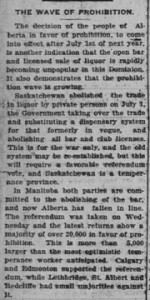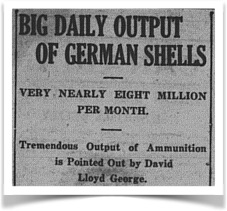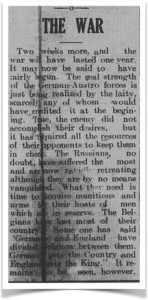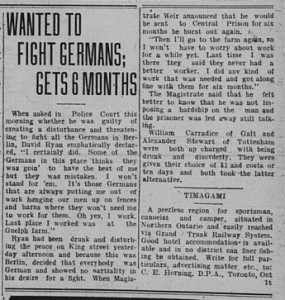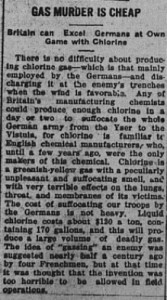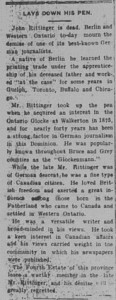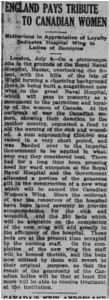 The Royal Naval Hospital in Haslar, on the southern coast of England, would soon have a new wing that would be dedicated to the women of Canada for their patriotism and loyalty to Britain. When war broke out, Canadian women organized a fund to support the sick and wounded. In a short time, the fund reached $250,000 which was given to the Imperial Government to be spent in whatever way they deemed best. It was decided that the money would be spent on a new wing for this hospital as nurses and hospital staff were using some of the patient beds. This new wing, named the Canadian Women’s Wing, would allow 250 beds to be made available for wounded and sick soldiers.
The Royal Naval Hospital in Haslar, on the southern coast of England, would soon have a new wing that would be dedicated to the women of Canada for their patriotism and loyalty to Britain. When war broke out, Canadian women organized a fund to support the sick and wounded. In a short time, the fund reached $250,000 which was given to the Imperial Government to be spent in whatever way they deemed best. It was decided that the money would be spent on a new wing for this hospital as nurses and hospital staff were using some of the patient beds. This new wing, named the Canadian Women’s Wing, would allow 250 beds to be made available for wounded and sick soldiers.
“England Pays Tribute to Canadian Women,” Berlin Daily Telegraph, July 3, 1915.



